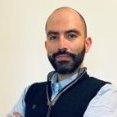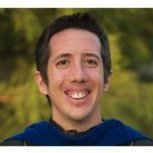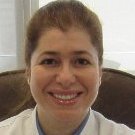First, I want to say to all scientists that science matters, that even in these complicated conditions, science matters.
When I saw the video I felt sadness for all situations, but at the same time, I felt that there is hope whereas we stand for science. In the same way that the Ukranian Fellows stand and resist for science.
In Mexico, we don't have this kind of problem, but we have different adversities that change society and science (drug cartels, natural disasters, social movements, strikes, etc.). In my case, we faced a huge strike in the 2000 year, I was a student and I was researching with rats and drug discrimination. In the beginning, everybody thought that the strike would be only a few days. However, after two months things changed, the strike did not show possibilities of change and all the researchers and academics started to worry about the future. I remember that we went to talk with the heads of the movement and we explained why we should continue with the science. At this moment we were so nervous because in the past, one social clamor released all the experimental subjects and that was a possible choice for the heads of the strike. After a few days, the heads of the strike told us that we were allowed to continue with the experimental work, but there would be no external resources or participation of any person or entity. We accepted those terms and we did everything (the experiments, the training, the cleaning, the maintenance of the building, the baths, etc!!). The strike was for one year, in that year we stood and resisted for science, It was hard but at the end, we didn't stop science.
Finally, I would like to add that science is part of society, if something happens in society of course it's going to impact science. We should be prepared and ready to stand for science and the changes in our society.

.thumb.jpg.a858dd42891f6e0a00aae90a411db6b3.jpg)




.thumb.jpg.a858dd42891f6e0a00aae90a411db6b3.jpg)




.thumb.jpg.a858dd42891f6e0a00aae90a411db6b3.jpg)

